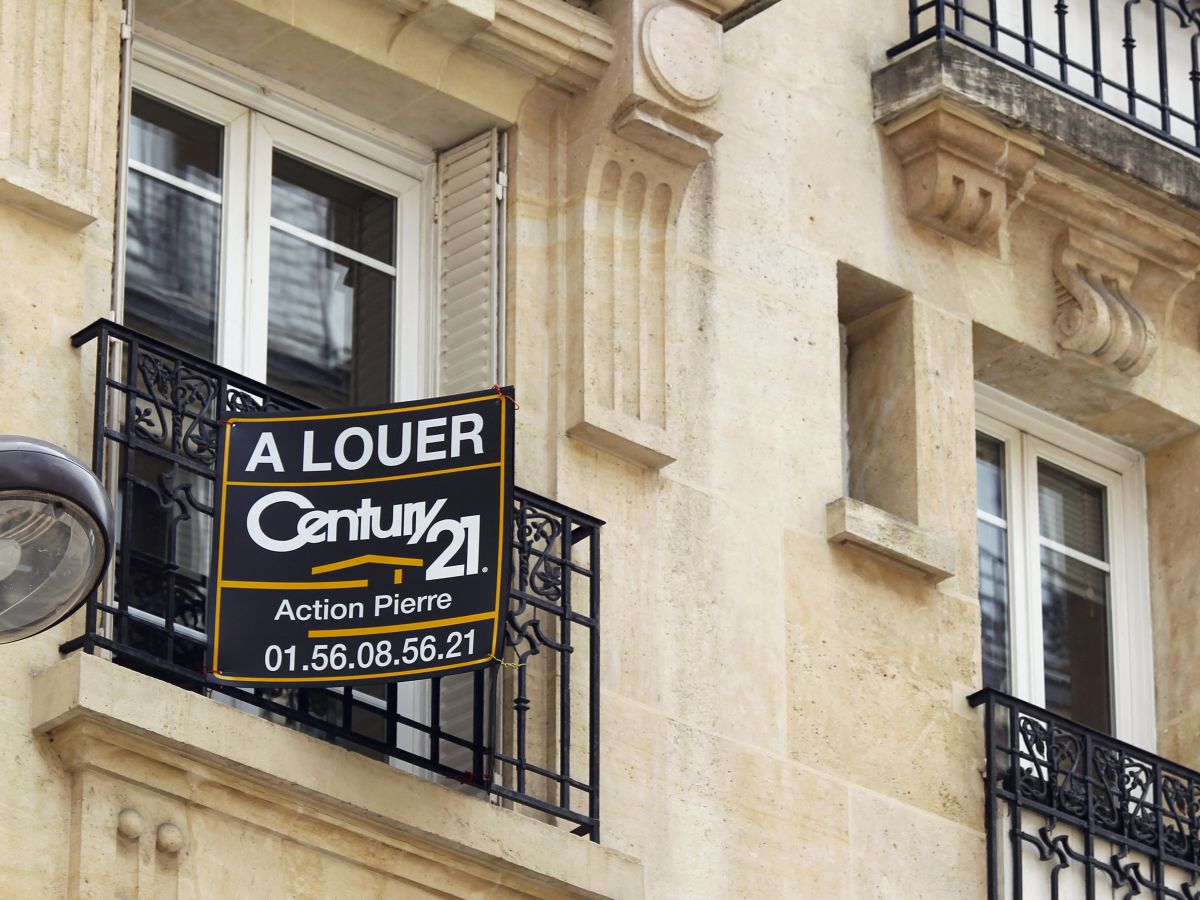End of suspense for the Finance Law 2025 (PLF). This Thursday, October 10, the Prime Minister presented to the Council of Ministers his proposals to try to reduce public debt. Among these, Michel Barnier wants to tackle the tax loophole of non-professional furnished rentals (LNMP). A status favored by investors because it has a double tax advantage.
Concretely, owners who have opted for the LMNP can currently deduct certain amounts from their rental income (work expenses, furniture, notary fees, real estate agency fees, etc.) through the so-called depreciation, which allows them to reduce the taxable base. However, in the case of resale of the home, the depreciation carried out is not taken into consideration in the calculation of the capital gain. In other words, the seller is not taxed on the depreciated amounts. It is on this point that the government wants to act.
Article 24 of the PLF therefore aims to take into account the depreciated sums in the final value of the asset upon a transfer. Enough to generate, according to the executive, a tax revenue of 200 million euros. Provided that this text is voted on by parliamentarians. At this stage, the PLF plans to apply this measure to transfers that will take place from 1 January 2025.
A tax advantage that “increases tensions on the rental market”
With this fiscal measure, the government hopes to address the difficulties in accessing housing. “Tax bias in favor of the LMNP regime contributes to strengthening economic incentives in favor of short-term rentals and increasing tensions on the rental market”it is noted in the art PLF2025. A consequence that did not escape the attention of MP Annaïg Le Meur (Together for the Republic), appointed in 2023 by Élisabeth Borne to present proposals on rent taxation.
“Paris, Montpellier, La Rochelle, Annecy… We increasingly find ourselves in situations where residents and employees of local businesses cannot find an affordable offer of private rental accommodationwhile furnished rentals develop, especially in the short term »she explained in her relationship delivered last July. In the last six years the supply of unfurnished rentals has in fact decreased slightly by -0.2% while the number of furnished rentals has increased by over 50% in the same period.
Among his proposals aimed at reduction this locative tension Annaïg Le Meur had in particular highlighted the capital gains regime in the event of a sale which benefits owners who have opted for LMNP. The Macronista had also highlighted the “dichotomy of the tax regime between bare rental and furnished rental, considered by almost all of the mission’s interlocutors as lacking justification, neither economic nor legal, and unfair, with a growing urgency to act”. “In some situations, rental income from furnished rentals is completely tax-free.”he says in the report.
The LMNP, a plan that remains profitable
Annaïg Le Meur’s arguments have partly borne fruit. Because the Barnier government was content to only act on the capital gains regime in the event of a sale. In other words, you still have to sell the property to be interested. The deputy, for her part, underlined the dual advantage of the deduction of depreciation and their non-reinstatement in the event of sale, while encouraging the harmonization of all regimes (bare and furnished rental). “We must not go against the stated objective (reduce the locative tension, ed.) pushing investors to turn to other, safer and more profitable systems in the real estate sector”for his part claims Roy Masliah, founder of Decla, a company specialized in declaration for LMNP and SCI.
However, even if Article 24 of the PLF is adopted by Parliament, the LMNP regime will remain beneficial to investors, especially if they do not wish to sell their properties. Depending on the city, more or less lively, “Furnished tourist rental is between 35% and 300% more profitable, after taxes, than long-term furnished rental, and even more than simple rental”underlines the report by Annaïg Le Meur.
